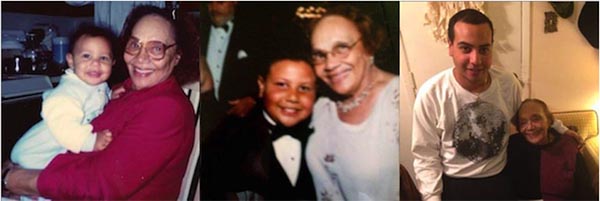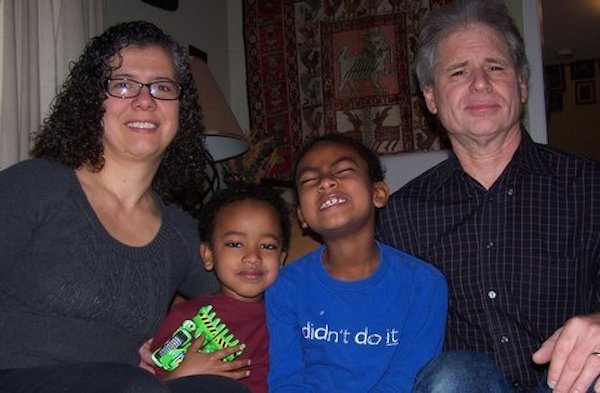It is an incredible responsibility to raise a child. In choosing foreign adoption, we have become parents to a beautiful daughter and added a new culture to our family life.
Our daughter, Eliyana Bracha Nuhamin, became legally ours on Nov 18th, 2013. As part of our adoption hearing we promised to bring her up with pride in her Ethiopian heritage. This was a joyful promise to make as we have fallen in love with the beauty of our daughter’s homeland. However, the reality of making it happen must go beyond clothing and food and reach the core of Ethiopian values and pride.
The first time we met our daughter at the Ethiopian orphanage the nanny told us what a good baby she was. She was polite. “Polite” is the highest praise for children in Ethiopian culture. It means they are not demanding. They are patient. They are accepting. Eliyana Nuhamin is a pretty happy and content baby. When she is not laughing, a quiet serenity emanates from her.
I have always prided myself on my Jewish inquisitiveness. Questioning is talmudic value. How will this mesh with the Ethiopian values of patience and quiet acceptance? We will have to keep our eyes open as we navigate these waters.
The depth of poverty in Ethiopia is truly shocking. In America, where we have so much: It is a blessing but it spoils us. If we are to be true to our daughter’s roots, to the values of her country of birth, we will have to guard our daughter’s precious Ethiopian politeness and learn from her .
Love in Ethiopia is given to children with cuddles and caresses and layers upon layers of clothing. (Bundling children in clothing is a sign of love.) A school child often receives new clothing as a reward for school work. There are few toy varieties. Storytelling, singing, and dancing are the main entertainment and for children they always hold lessons of cultural value. The Jewish parallel here warms my heart.
Family togetherness is highly valued. Farm village children are still excused from school to help the harvest. Women wear their babies wrapped on their backs so that they are always together.
The Ethiopians are a beautiful people, very polite, usually smiling. Haggling in the market is just as often done with smiles and giggles as it is with serious concentration. Traditional meals are communal: Injera bread, coverered with stew is placed in the center of the group for all to enjoy. Time is taken every day to meet with neighbors and family over coffee and popcorn in the traditional coffee ceremony. Hospitality is important. These too are Jewish values.
These are a people of deep pride. Dinknesh, meaning “you are lovely,” is the Ethiopian name given to the 4 million year old remains of the first human. (The English world calls her Lucy.) Seeing her tiny skeleton surrounded by the tremendous pride of the Ethiopian people was very moving. This is the country from which emanated humanity.
Ethiopia, birthplace of coffee, is the only African country never to have been colonized. The Italians tried in 1935 but were ousted by 1940. The royal family traced it’s ancestry to King Solomon of Jerusalem and the Ethiopian church claims guardianship of the lost ark of the covenant. They are a people of deep pride and beauty. There are over 70 different Ethnic groups in the country each with their own distinct language. When I asked someone why the children of Ethiopia are so beautiful, he answered it was the blending of all that was best of these different groups.. then he smile and said, but mostly it is God.
Beauty and dignity are everywhere in Ethiopia. A church holiday gave us the treat of watching lines of Ethiopians in traditional white robes walking along the road to church carrying colorful umbrellas. The farm homes may have been quiet mud huts but the churches and mosques were elegant colorful buildings announcing their congregations joy. I loved the many groups of animals we passed in the countryside: cattle with desert humps on their back, spotted goats and sheep and donkeys driving carts of farm produce behind them. Often it was the children moving the animals from one place to another.
I know it pains the Ethiopian people to see their children adopted out of country. These children lose the blessings of belonging wholly to this beautiful country. But I also know that our longing for a child is matched equally by the orphan’s longing for parents. I pray that God’s holiness rest in this match: a mother from Toronto, a father from Brooklyn, a baby from Addis Ababa. May our cultures of Ethiopia, Judaism, and American blend in love and Torah.







